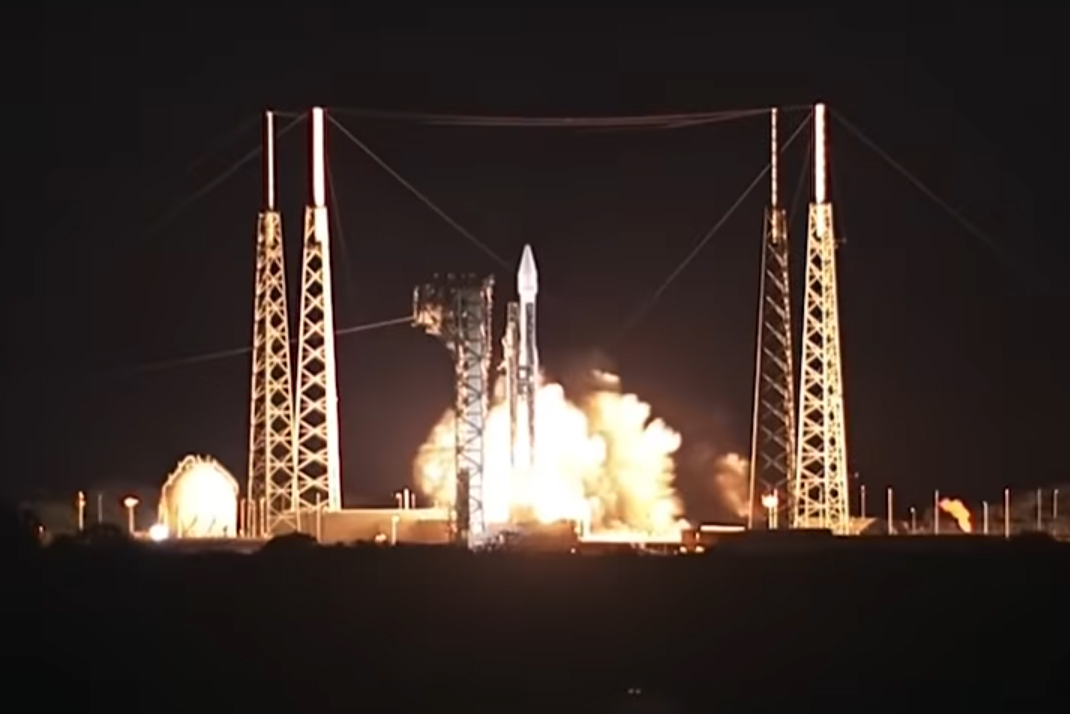Wie entstehen Sonneneruptionen und wie wirken sie sich auf die Erde aus? Wodurch wird der Sonnenfleckenzyklus angetrieben? Wie erzeugt und verändert die Sonne die riesige Plasmablase, in die unser Planetensystem eingebettet ist? Mit diesen Fragen beschäftigt sich Astrid Veronig von Institut für Physik der Universität Graz, und auf diese Fragen soll die ESA-Raumsonde "Solar Orbiter" Antworten liefern. "Sie hat zehn wissenschaftliche Instrumente an Bord, die das Verständnis unseres Zentralsterns revolutionieren werden", ist die Astrophysikerin überzeugt. In den nächsten Monaten sollen diese Geräte noach und nach in Betrieb genommen werden.
Die Universität Graz ist an Entwicklung und Betrieb des Röntgenteleskops STIX auf der Sonde beteiligt, Veronig hatte die wissenschaftliche Leitung der Software-Entwicklung über. Den Start des "Solar Orbiter" hat sie mit ihrem Team in Cape Canaveral mitverfolgt.
